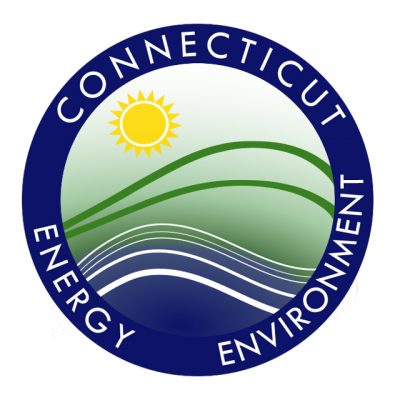 The Connecticut Governor’s Council for Climate Change (GC3) invited the Engineering for Human Rights Initiative to provide public comments on a set of draft reports that make recommendations to reduce greenhouse gas emissions and to adapt to climate change impacts in Connecticut. The reports cover seven key areas:
The Connecticut Governor’s Council for Climate Change (GC3) invited the Engineering for Human Rights Initiative to provide public comments on a set of draft reports that make recommendations to reduce greenhouse gas emissions and to adapt to climate change impacts in Connecticut. The reports cover seven key areas:
- Equity and Environmental Justice,
- Public Health and Safety,
- Science and Technology,
- Infrastructure and Land Use Adaptation,
- Progress on Mitigation Strategies,
- Financing Adaptation and Resilience, and
- Working and Natural Lands.
The GC3 was established in 2015, and it was expanded by Governor Ned Lamont in 2019 (see Executive Order No. 3) with the goals of implementing greenhouse gas emissions reductions strategies, preparing and adapting our state for the impacts of climate change, and ensuring strategies are equitable and protect the most vulnerable communities. The comments can be seen below.
